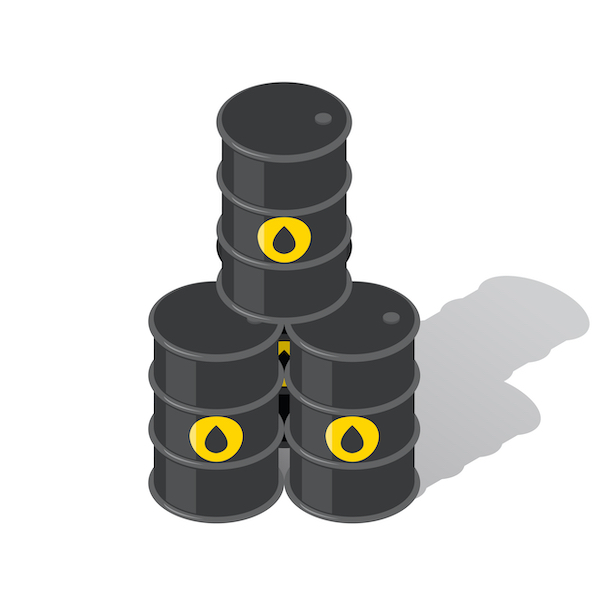What do we mean by “oil” in “oil pollution”?

The Fund compensates victims of pollution for damages caused:
- by any type of oil,
- from any ship or boat,
- anywhere in Canadian waters.
But, what do we mean by “oil”?
Oil includes any kind or any form of petroleum, such as:
- Crude oil
- Gasoline
- Diesel
- Heating oil
- Heavy marine diesel
- Bunker fuel
- Lubricating oil, grease, or hydraulic fluids
- Liquid asphalt
- Aviation fuels, such as kerosene
It also includes water contaminated with oil and oily waste. For example, if a ship sinks or holes form with time in the hull, water can infiltrate the engine room or the bilges. The contaminated water is often pumped out of the vessel as part of the environmental response.
What about plant-based oil, does it count?
Any liquid substance from plants does not meet the definition of oil in the Marine Liability Act. For example, we would reject claims for damages caused by:
- Canola oil
- Olive oil
- Vegetable oil
- Almond oil
- Palm oil
- Biofuels (100% plant-based)
Oil as cargo
Oil in bulk is often shipped using oil tankers. For example, these tankers are used to move the product from and to:
- Refineries
- Storage facilities
- Industrial production sites
- Consumers
Since 1989, we received 13 claims involving tankers, representing only 2.5% of all claims we received. We also had two incidents where a truck was either onboard a ferry or on a barge. In both cases, the trucks released oil into the water. Because the truck was the ship’s cargo, it was considered as an eligible claim.
- For example, in Marlene Wright incident from 2015, a truck, containing around 400 liters of diesel fuel and some lube and hydraulic oils, fell off the barge. The municipality of Killarney had to close the water intake to avoid contamination of the municipal drinkable water.
Why is it difficult to evaluate the number of liters spilled?
There are a lot of factors to consider when evaluating the number of liters spilled. We asked our experts to name a few. Here is what they had to say:
- Shipowners don’t always keep track of the quantity of oil on board.
- The type of oil (thickness, viscosity, or density) and the weather (winds, waves, currents) will impact how quickly it will spread and how thick the film will be on the top of the water.
- Some products will evaporate more quickly than others. The temperature will play an important role.
- The presence of ice can make it difficult to collect spilled oil. Oil can become trapped under the ice. Also, skimming and pumping can become more difficult as the oil gets cold.
When we know the number of liters spilled and the type of oil, we include it in our summaries.
